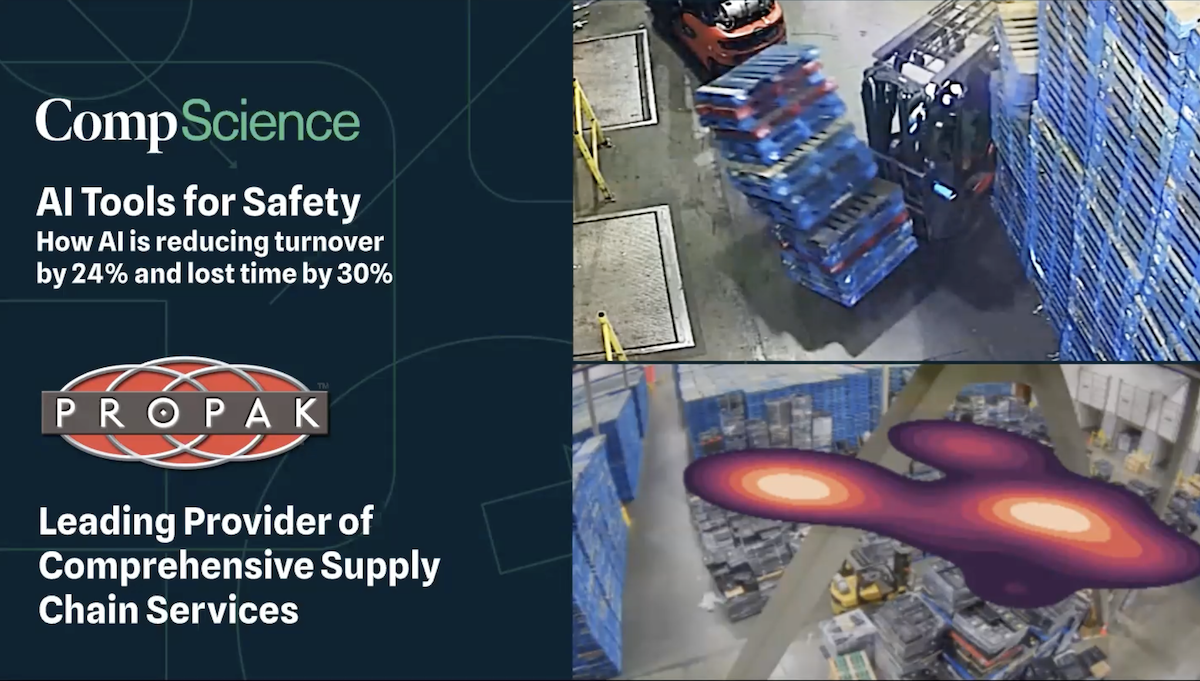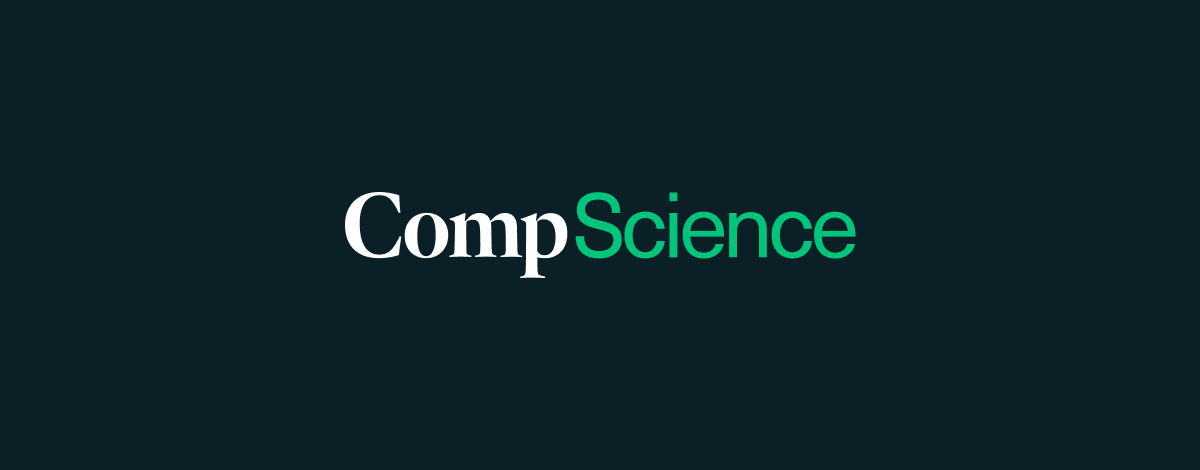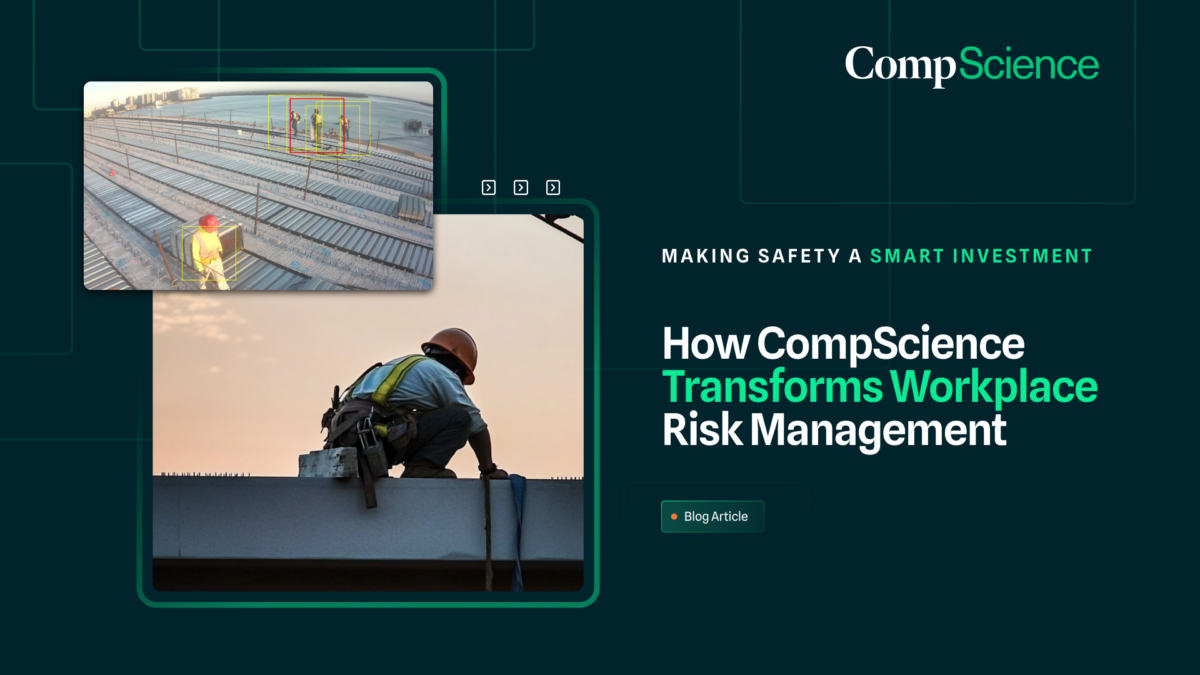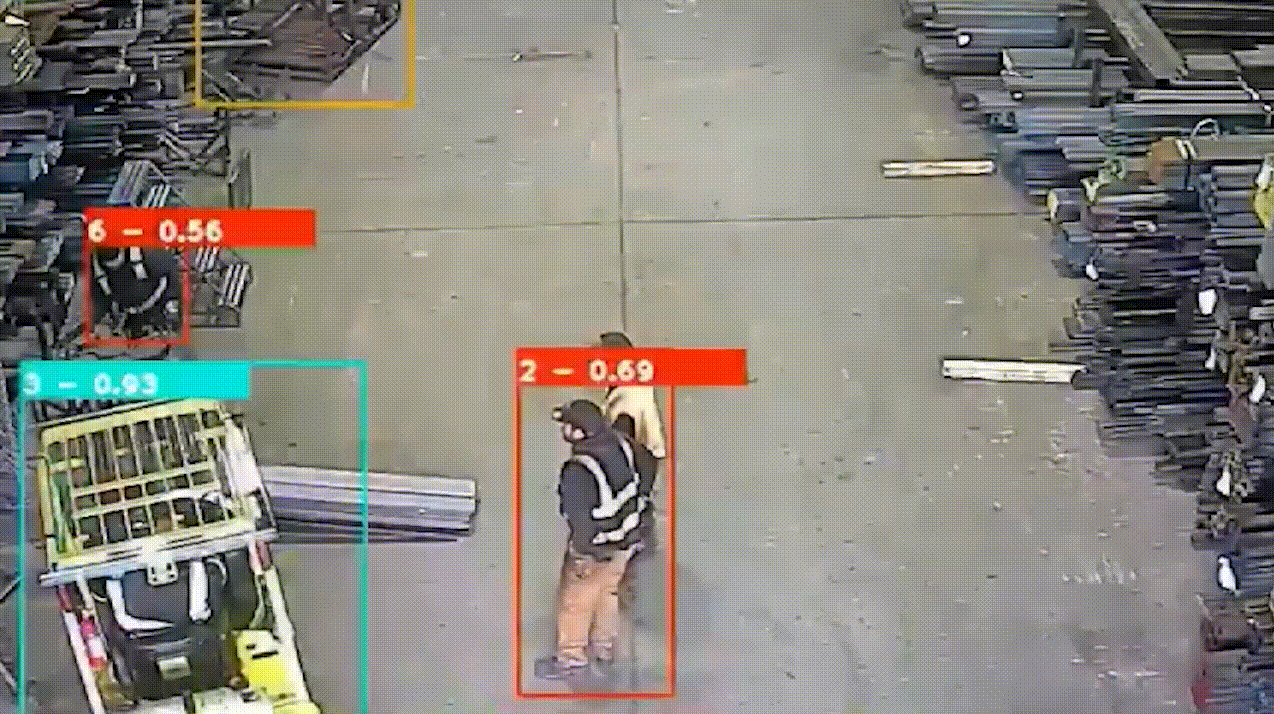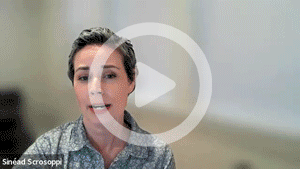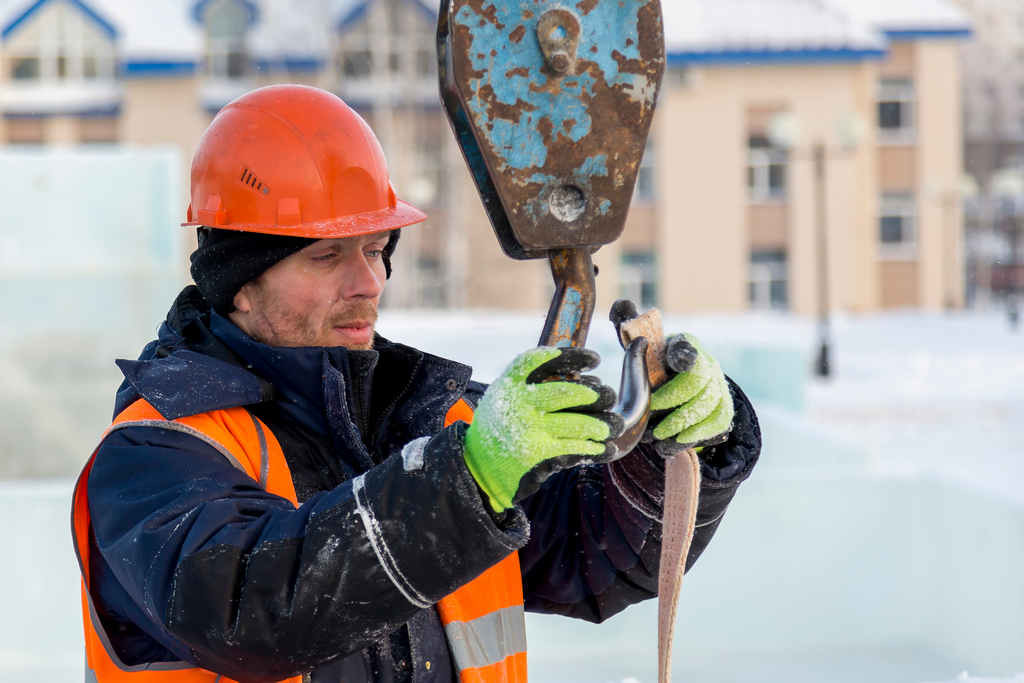Predictive Models Can Bridge the Gap Between Safety Data and Financial Metrics
Predictive models can bridge the gap between safety data and financial metrics by using data on past accidents and injuries to predict the likelihood of future accidents and injuries, and by estimating the potential costs of those accidents and injuries. By analyzing data on past accidents and injuries, predictive models can identify trends and patterns that can be used to identify potential hazards and to implement controls to prevent accidents and injuries.
In addition, predictive models can be used to estimate the potential costs of future accidents and injuries, taking into account factors such as workers’ compensation claims, legal fees, and the cost of replacement workers. This can help organizations to understand the financial impact of safety risks and to prioritize investments in safety measures.
Overall, predictive models can be a powerful tool for bridging the gap between safety data and financial metrics, helping organizations to understand the costs and benefits of investing in safety and to make informed decisions about how to allocate resources to improve safety.
Predictive models make safety proactive, by driving rapid identification, assessment, and mitigation of risks.
Predictive models can make safety proactive by using data on past accidents and injuries to predict the likelihood of future accidents and injuries, and by providing insights into the underlying causes of those accidents and injuries. This can help organizations to identify potential hazards and to implement controls to prevent accidents and injuries before they occur.
In addition, predictive models can help to drive rapid identification, assessment, and mitigation of risks by providing real-time data and alerts that can be used to identify emerging hazards and to take immediate corrective action. This can help organizations to proactively address potential hazards and to prevent accidents and injuries before they occur.
Overall, predictive models can be a powerful tool for making safety proactive by providing insights into potential hazards and enabling organizations to take timely action to prevent accidents and injuries.
Learn more about Predicting and Preventing Workplace Accidents and Injuries

